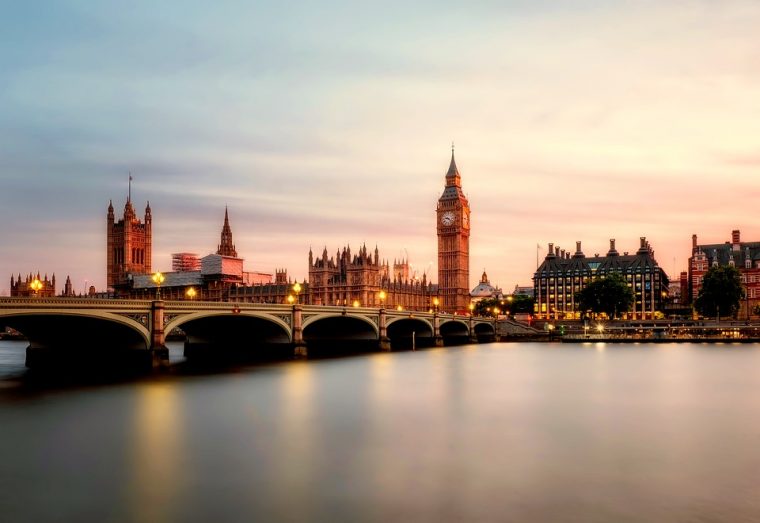Central London Goes Car-Free to Help With Social Distancing

Photo: Pixabay
No one can deny that social distancing has impacted transportation as we know it. Some major cities, including London, plan to establish car-free zones to encourage residents to walk and cycle a safe distance apart instead of using crowded public transit or rideshare services. City leaders hope that the changes will outlast the pandemic and become a permanent part of London’s infrastructure.
Smart Service: Know when it’s time to change your car’s oil
London’s car-free initiative
JUST ANNOUNCED: our plans to make central London one of the largest car-free zones in any capital city in the world, increasing walking and cycling and improving our air quality.
— Sadiq Khan (@SadiqKhan) May 15, 2020
London's road to recovery cannot be clogged with cars. https://t.co/31Ym0OBF9q
Though London has observed car-free days in the past, this new initiative would be a more long-term change for the city’s transportation. The city’s mayor, Sadiq Khan, announced the new plan last Friday, saying that many of central London’s major cross-town routes would prohibit cars. According to the mayor’s office, routes that will likely ban cars include the streets between Euston and Waterloo, Old Street and Holborn, and London Bridge and Shoreditch.
While some might view the new car-free zone as a bit extreme, Khan believes it’s an appropriate response given the unique circumstances of the pandemic. “COVID-19 poses the biggest challenge to London’s public transport network in TfL’s (Transport for London) history. It will take a monumental effort from all Londoners to maintain safe social distancing on public transport as lockdown restrictions are gradually eased.”
Ever since Britain started its lockdown back in March, people are using public transportation less, as Reuters reports. Since then, the number of bus users has dropped 85 percent and Underground network users have dropped 95 percent. The car-free zones will help public transit stick to its 13-15 percent capacity during social distancing requirements while increasing the number of people who walk or bike around town.
Other cities’ car-free initiatives
Around 30,000 people die in the UK from air pollution every year (KCL study, 2018), a huge chunk of them in London. Please let's make this permanent https://t.co/CK5QagRS90
— Dan Hancox (@danhancox) May 15, 2020
London isn’t the only European city to create or enhance car-free zones. According to City Lab’s Feargus O’Sullivan, Milan and Paris are contemplating stricter bans on private vehicles on city streets. Bogotá, Colombia and Budapest, Hungary are also wanting to make current car-free zones more permanent, as Good News Network’s Michael Goonan confirms.
U.S. cities are also reimagining public transportation in urban hotspots. Cities like Minneapolis, Washington, DC, and Minneapolis are all testing car-free routes. And according to a Smart Cities Dive poll, 40 percent of respondents are in favor of car-free streets staying that way even after the pandemic subsides.
It will be interesting to see how these car-free sentiments and policies develop in the days ahead, both here in the U.S. and abroad. COVID-19 might help bring about the positive environmental change our planet needs to help counteract the effects of climate change and improve air quality.
New Tires, New Travels: Get new tires before your upcoming road trips later this year

Whitney Russell resides in Dayton, though her spirit can be found beach-bumming in Puerto Rico (the land of her half-Puerto Rican heritage). When not crafting car-related content, she can be found chasing after the most amazing toddler in the world, watching her “beaver” of a husband build amazing woodworking projects, hanging out with two crazy dogs, and visiting family and friends. She also enjoys traveling, crafting, and binge-watching period dramas when time allows. See more articles by Whitney.

